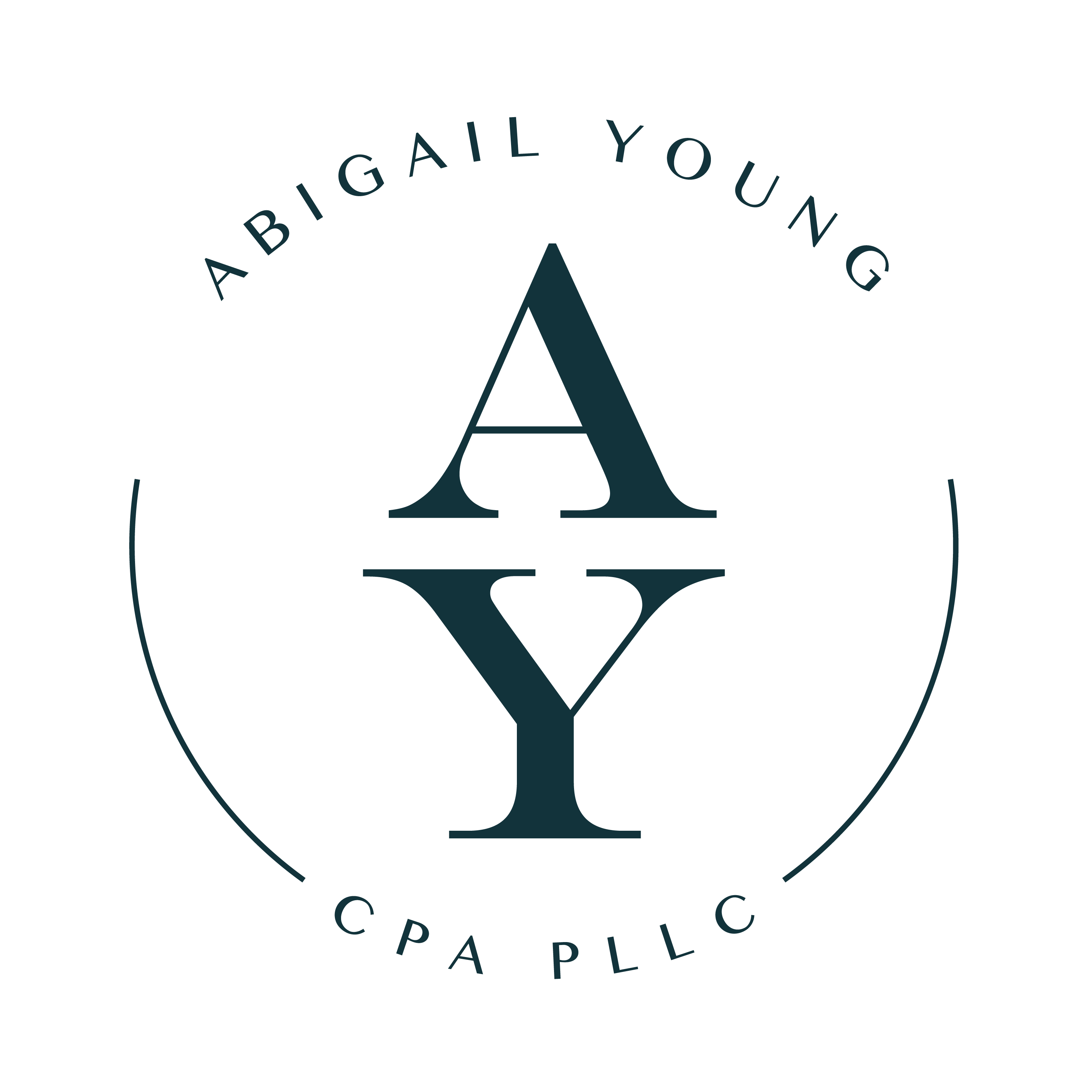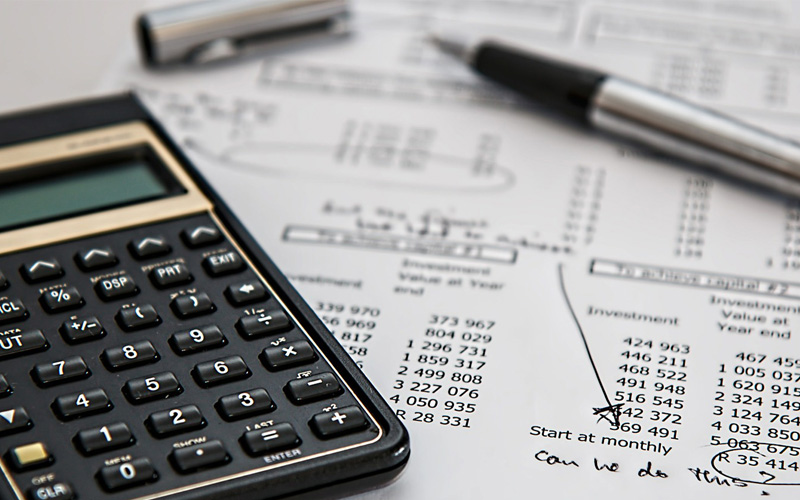7 Smart Tips to Paying Off Debt
It’s no secret that a good portion of American households are living with some substantial debt. In fact, the average U.S. household has about $16,000 in credit card debt and $130,000 in total debt. Considering it takes a mortgage, car loan, credit cards, and students loans to be an official adult, it’s no wonder that the vast majority of us fall into this category.
But there is a light at the end of the tunnel, and Murray CPA is here to happily guide you through with 7 free tips for bringing down (and hopefully paying off) that unruly debt. At Murray CPA, your financial well-being is of the utmost importance to us. That’s why we offer services to individuals and businesses, to help you get back on financial track.
And so…
- Assess the Situation
Yes, this is going to be a little scary and probably a bit painful, but the plan is to get a solid grasp of where your money is going and to break it down into manageable pieces. Take it old school and use a pencil and paper, or use a computer spreadsheet, but ultimately it’s whatever is easiest for you to keep track of. Include all your payments, mortgage, credit cards, student loans, tax liens, car loans, etc.
Assessing the depth of your debt is vital in that it puts a real world number in your mind, gives you better insight into your interest rates, and helps you to realize how much your payments typically are. With this information properly laid out, you can continue on to the next tip.
- Look for High-Cost Debt Accounts
Depending on interest rates, some debts are going to cause a bigger hole in your purse than usual. The majority of these accounts are likely credit cards so take these tips into consideration:
- Don’t use high interest rate cards unless it’s an emergency
- Think about pay offing off the card with the highest interest rate while you make minimum payments on the others. Then when that’s paid off, move on to the next.
- Don’t close or open any cards. Doing so can hurt your credit rating.
- Pay on time – always.
- Call your credit card companies and try to haggle a lower interest rate. Sometimes it works.
- Cash Out Your Investments
Yeah, nobody wants to do this. But hear us out. The dollars in your investment accounts probably aren’t earning anything close to the rate of your debt interest. Which means paying off the debt is ultimately like getting that return on your investment, but without the risk, and it also helps your current situation. Paying off now can save you money in the long run.
- Get Rid of Your Gold Plated Yogurt Flakes
Ok so that might be a little overboard, but the idea is to get rid of all the unnecessary luxuries that are weighing you down. That monthly spa visit, those weekly happy hour get-togethers, that 1000-channel cable package. Do you really need it? If you’re dreading monthly payments then you need to reevaluate your priorities and focus on cutting back where it counts. Remember, it won’t be forever, just until your debt is under control.
- Pay With Cold Hard Cash
If you’re already in a bad situation, don’t add fuel to the flame by continuing to make purchases with credit cards. Instead opt to buy what you need with cash. If you can’t afford to pay it with the money you have on hand, then rethink the purchase (aside from life essentials of course).
- No Late Payments Please
Making a late payment, or completely missing one, can cause some major damage to your credit rating and accounts. Credit card companies can easily raise interest rates because of a late payment, and oftentimes, the payment just ends up covering late-fees rather than the actual balance, which means more money going down the drain. Moral of the story – don’t make late payments.
- Borrow From Yourself
Have you been able to participate in a 401(k) plan at your job? Well most plans have a feature that allows you to borrow up to 50% of the account’s value, or $50,000, whichever is smaller. Interest rates tend to be much lower than credit cards and so borrowing from your 401(k) can be a viable option. Especially because paying it back means it’s really going back into your pocket. Yes indeed, every penny paid back on that 401(k) loan goes into the borrower’s account, not the lender’s.
But just be aware. You have to repay the loan within five years, and if you leave your job prior to full repayment, then the outstanding balance becomes due immediately. If it’s not repaid, the monies get treated as a distribution to you, which means you’ll be taxed on that amount at regular rates.
If you think you’re situation might require more drastic measures, or you want the help and guidance of Certified Public Accountant, then look no further than Murray CPA. Our professionalism, friendliness, and expertise is the reason so many seek our support. Don’t worry, your debt can and will be under control, with Murray CPA. Call us at (956) 800-5600 to get the help you need.


